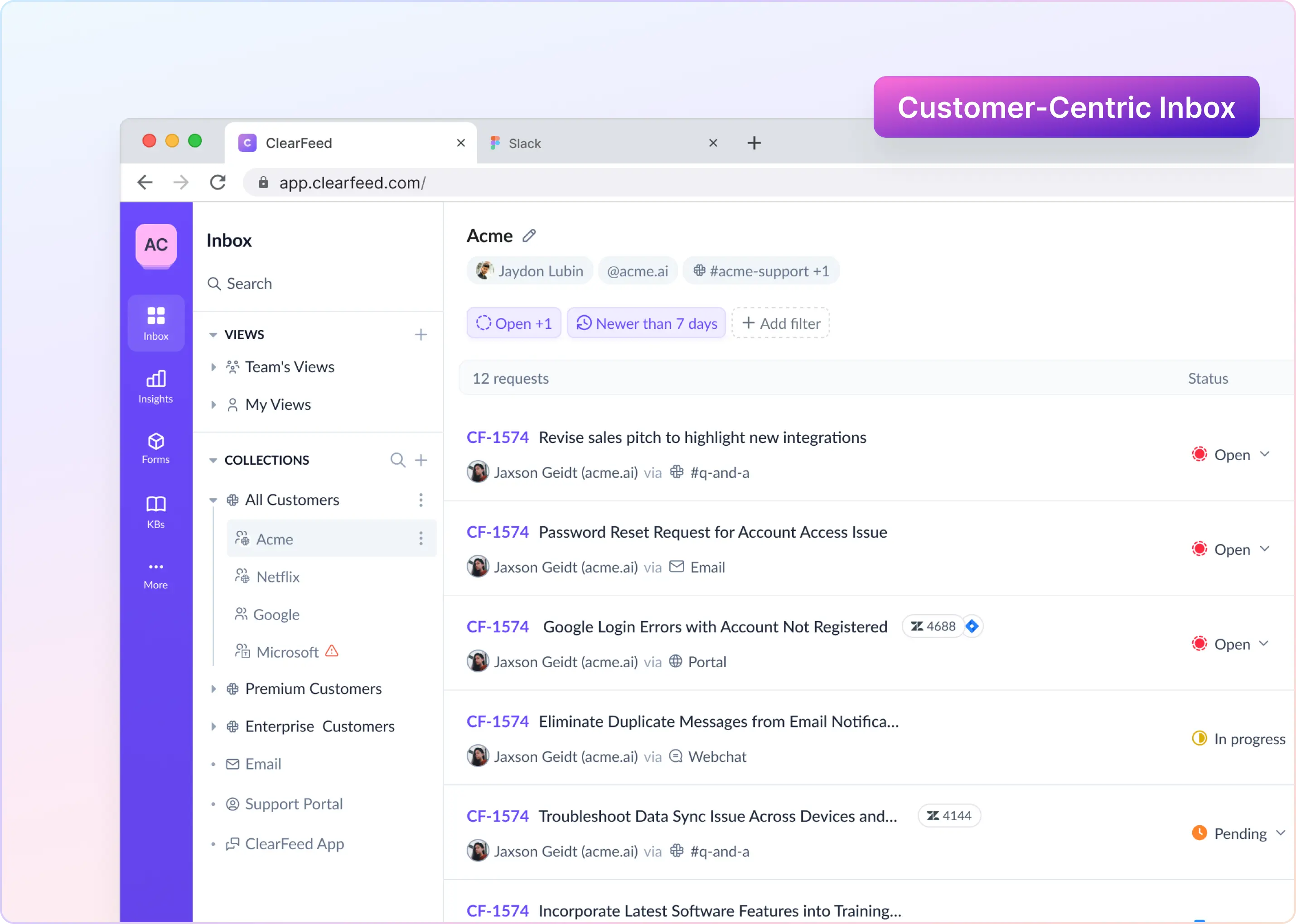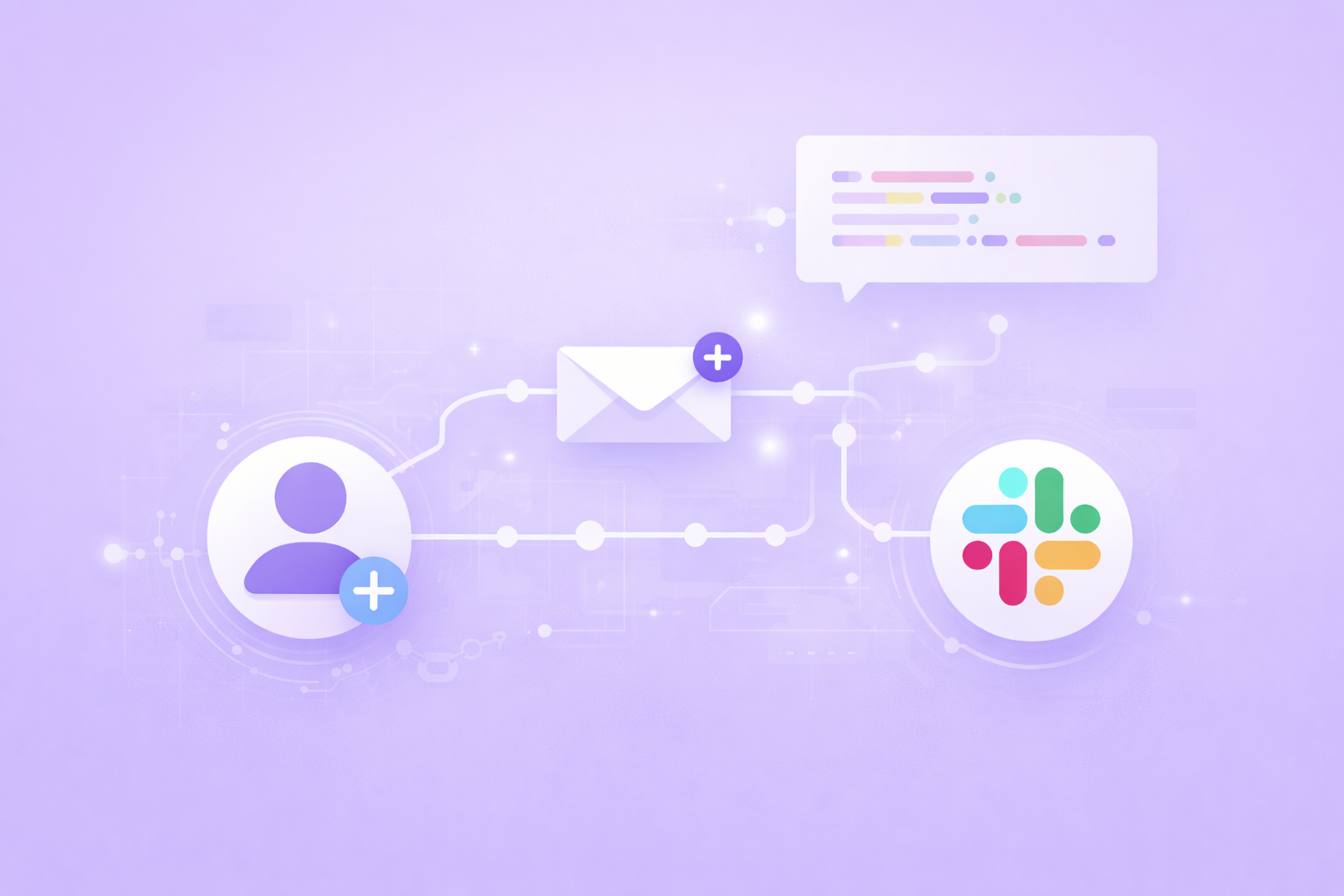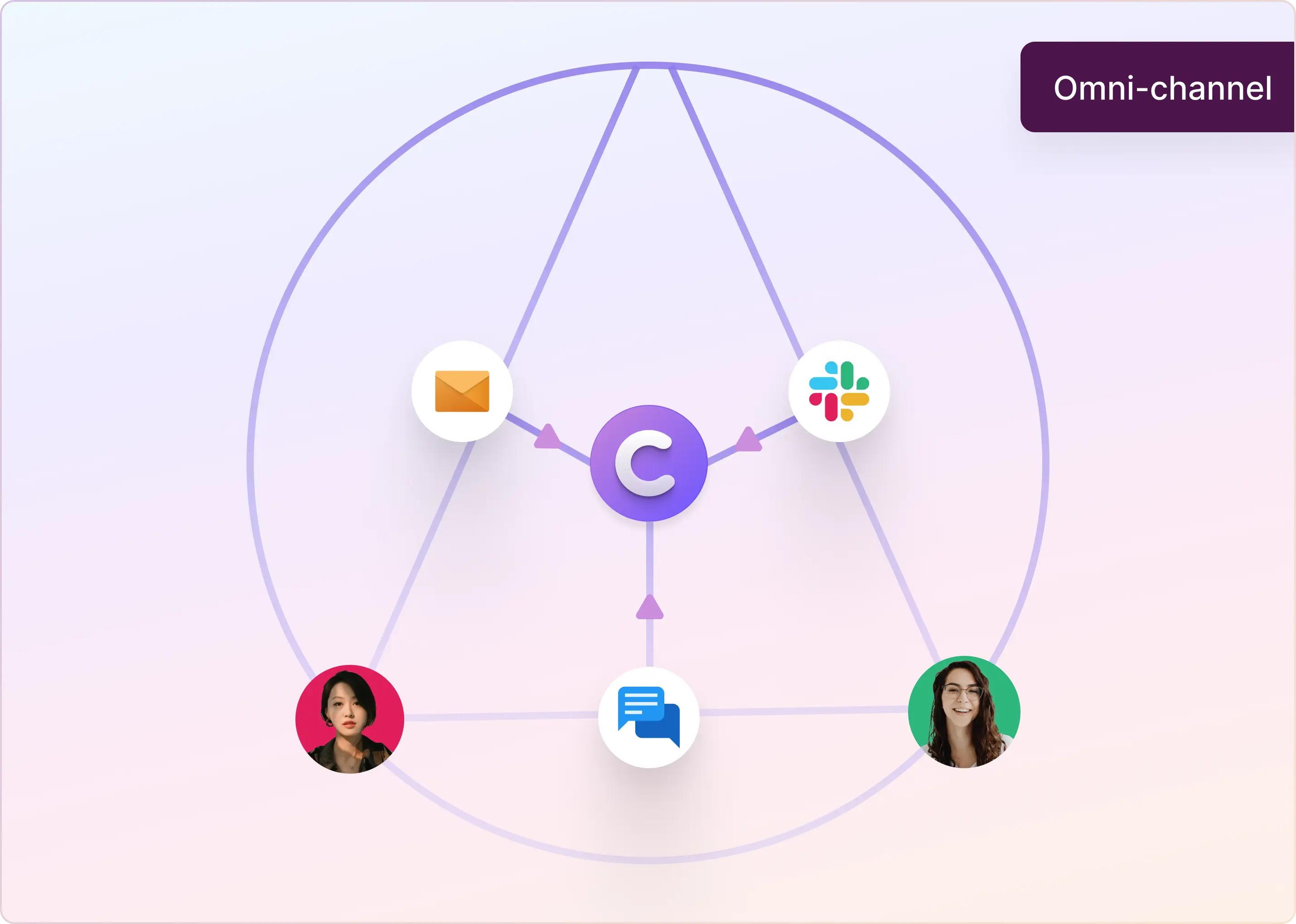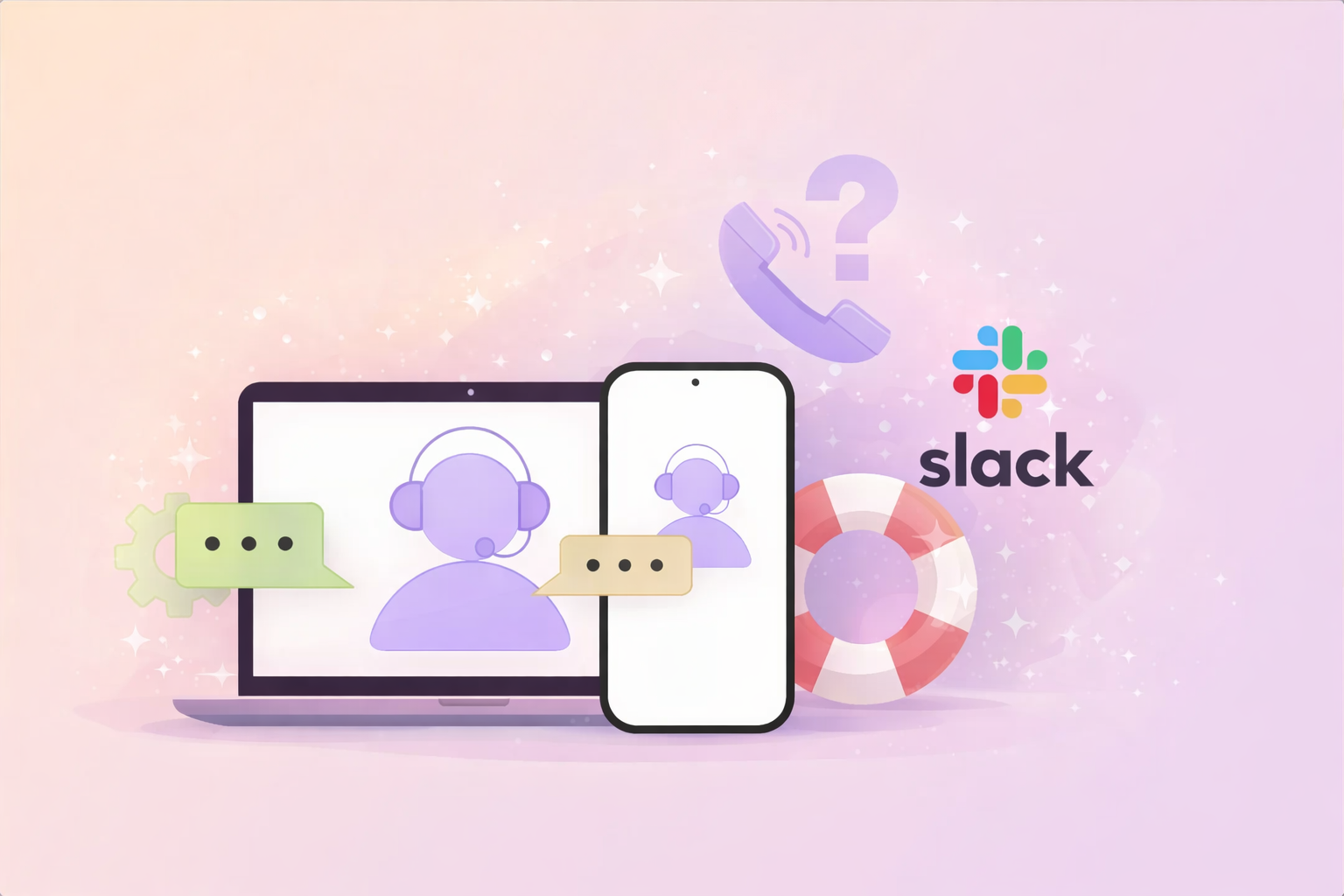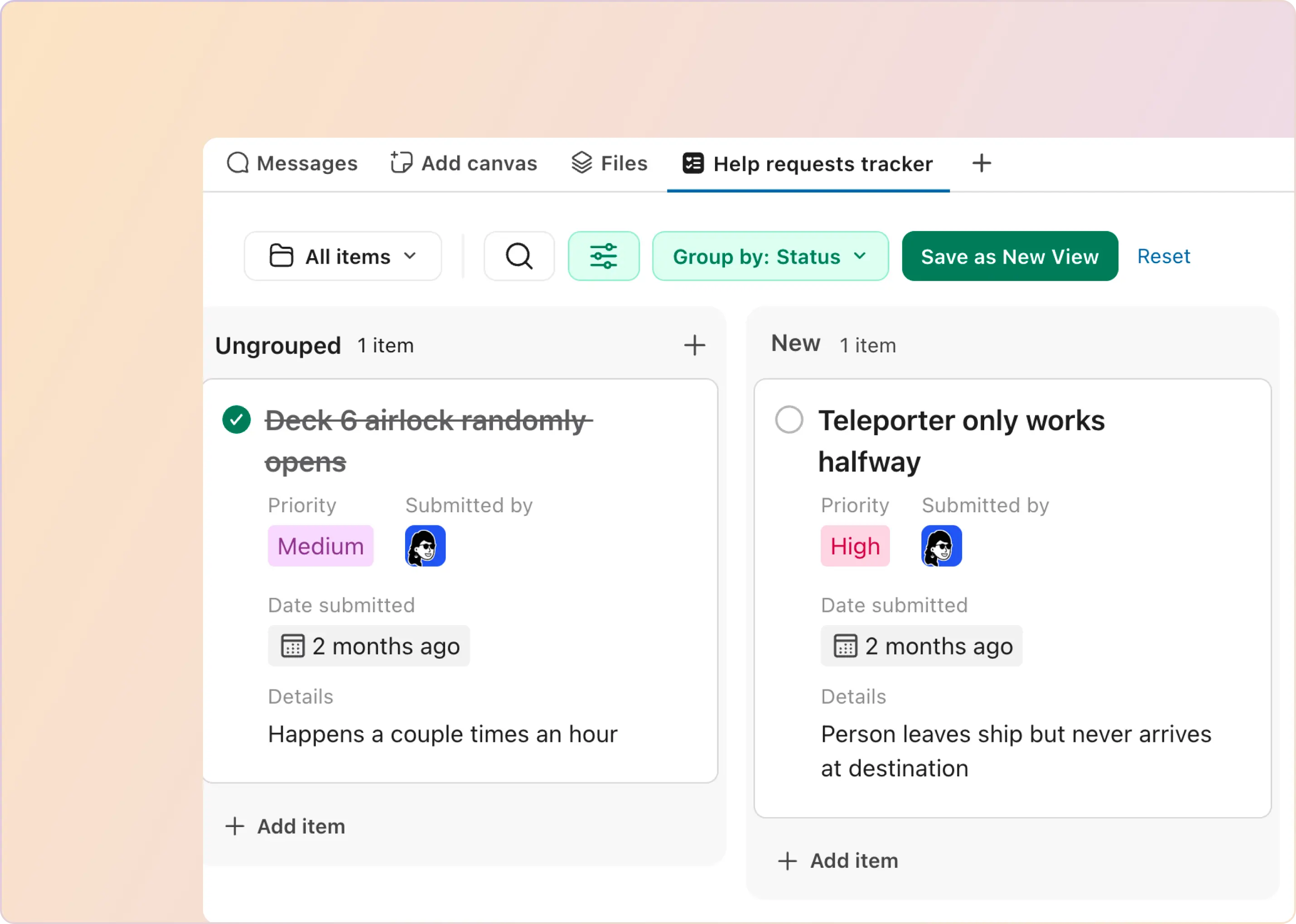Did you know that nearly 88% of customers expect brands to offer a self-service portal? Without one, they’re more likely to feel frustrated and may seek alternatives.
Today’s customers expect instant access to solutions, without waiting for a support agent. For businesses, achieving the right balance between assisting new users and providing quick answers for experienced ones is essential.
Self-service options such as knowledge bases, chatbots, and FAQs can help reduce operational costs, minimize wait times, and improve overall productivity, all while enhancing the customer experience.
In this blog, we’ll look at the top customer self-service portals and how businesses can use them to improve customer service.
What Is a Customer Self-Service Portal?
A customer self-service portal is an online platform that allows customers to access support, manage accounts, find answers to common questions, and perform actions like updating personal details or tracking orders without contacting an agent.
The goal is to make support quick and easy for customers while giving your team more time to handle bigger problems.
Benefits of a Customer Self-Service Portal
Here’s why it’s useful:
- Customers can get help anytime, day or night
- It saves money by reducing the number of support calls
- Your support team can focus on more important tasks
- Helpful content can bring more visitors to your website
- Customers get quick answers and feel less frustrated
- Fast help makes customers happier and more likely to stay
What Are the Types of Customer Self-Service Portals?
There are many different types of customer self-service portals out there, and each one serves a unique purpose. Some might help customers find answers to their questions, while others might allow them to complete tasks or troubleshoot issues on their own.
Mixing and matching can make a huge difference. For example, a knowledge base might be perfect for in-depth information, while a quick chatbot could handle simple queries. When combined, they create a more effective experience, helping customers get what they need faster and businesses run more efficiently.
Here are the main types:
What Makes a Self-Service Portal Effective for Your Business?
Aside from being a source of information, a self-service portal is a tool that helps customers resolve issues on their own, improving their experience. The features you choose to prioritize when developing a self-service portal will depend on your company’s size, industry, and growth stage.
Typically, startups need simplicity with a basic knowledge base and automation, while large enterprises require AI chatbots, strong security, scalability, and personalization to handle high traffic and sensitive data.
Regardless of your company's size, these core features should always be prioritized:
- User Experience (UX): A simple, intuitive design encourages customer engagement. The easier your portal is to navigate, the more likely your customers are to find what they need quickly, reducing frustration and support requests.
- Knowledge Base and Resources: A well-organized library of articles, guides, and videos is essential. This content should address common issues and frequently asked questions, as well as offer solutions tailored to your industry, enabling customers to solve problems on their own.
- Automation and AI: AI-powered chatbots and automation streamline the experience by guiding customers to the right answers 24/7. This reduces the need for human intervention, improves response times, and frees up your team for more specialized tasks.
- Security and Privacy: Protecting customer data is essential. Your portal should have secure logins, encryption, and privacy measures to safeguard sensitive information, fostering trust and compliance with industry regulations.
- Search Functionality: A powerful search feature helps customers find relevant answers quickly. It should be capable of searching through articles, FAQs, and other resources, delivering tailored results based on customer queries.
- Feedback Options: Allowing customers to rate articles and provide feedback helps you improve the portal based on real user experiences, ensuring it evolves to meet customer needs.
8 Best Customer Self-Service Portals in 2025
Choosing the right self-service portal is important to improving customer support and reducing costs. Each platform comes with its unique features and is selected based on ease of use, ticketing, integrations, pricing, and overall effectiveness.
Here are some of the top self-service portals that can help your business deliver exceptional support:
1. ClearFeed
ClearFeed is an AI-powered conversational support platform designed to help B2B teams manage customer and employee support directly within Slack and Microsoft Teams. It streamlines communication by converting messages from these platforms into structured support tickets, enabling teams to respond efficiently without switching tools.

Key Features:
- All Your Tickets in One Place: Customers can view and manage all their support tickets from a single dashboard—whether they were created via Slack or the web portal. (Heads-up: tickets created via email aren’t visible in the portal just yet.)
- Simple and Secure Login Options: Logging in is easy and safe. Customers can sign in using Google, Microsoft, or a magic link sent to their email—no passwords to remember.
- Real-Time Sync with Slack: Tickets submitted through the portal show up instantly in dedicated Slack channels for the support team. Agents reply from Slack, and those responses are automatically synced back to the portal—so customers get real-time updates without needing to switch tools.
- Flexible Customer Access Management: Admins can control who sees what. They can add customer details (like company name, email domain, and Slack channels), and allow or restrict access at the customer or individual user level based on email domains.
- Custom Branding and Portal Access: The portal can be personalized with your company’s name and logo. You can enable it for everyone or only for specific customers. By default, the portal lives at <PortalName>.clearfeed.app, but custom domains are available on request.
- Smarter Ticket Forms: The ticket submission form is fully customizable. You can collect exactly the info you need upfront, which cuts down on back-and-forth and helps resolve issues faster.
- Real-Time Email Updates: Customers automatically get email notifications when there’s an update to their ticket—so they’re never left wondering what’s happening.
- Detailed Access Controls: Admins have full control over who can access the portal and what data they can view, making it easy to keep sensitive information secure.
Pricing:
The Starter plan begins at $24/user/month and includes essential features like the AI Agent Assistant and GPT-powered Answers. Access to the customer portal is available with the Professional plan, starting at $49/user/month.
2. Zendesk Portal

Zendesk is a widely used, scalable customer service platform known for its robust self-service capabilities. Its self-service portal includes a customizable knowledge base, AI-powered chatbots, and an intuitive ticketing system. It offers an employee self-service portal and a client self-service portal for better personalization. Built on millions of customer interactions, Zendesk AI improves every part of the service process, making operations more efficient.
Key Features:
- Customizable Self-Service Portal: Businesses can easily create a branded portal without needing technical skills.
- AI Content Cues: Automatically updates the knowledge base by identifying common issues from support tickets.
- AI Agents: 24/7 service with AI bots handling common queries and reducing ticket volume.
- Enterprise-Grade Security: Offers strong data encryption and complies with privacy regulations to protect customer information.
- Messaging and Live Chat: Connect with customers instantly for support.
- Help Center: A knowledge base where customers can find answers on their own.
- Agent Workspace: A simple dashboard for agents to manage customer requests.
Pricing:
Portals start at $89/agent/month on the Suite Growth plan:
2. HubSpot Service Hub

HubSpot Service Hub provides a set of self-service tools to make customer support more efficient. It includes live chat, help desks, ticketing, and a knowledge base for common questions. Chatbots share answers from the knowledge base, and conversation intelligence helps improve chatbot performance. Plus, it integrates with other HubSpot platforms like Marketing, Sales, and Content.
Key Features:
- Breeze Customer Agent: AI-powered tool offering 24/7 support, resolving common issues without needing agents.
- Service Analytics: Built-in reports to track team performance, customer satisfaction, and ticket trends.
- Feedback Management: Collects insights through surveys like NPS, CSAT, and CES to improve service.
- Customer Success Workspace (Beta): Tracks customer health scores and product usage to retain at-risk customers.
- Conversation Intelligence: Uses AI to capture details from customer calls and provides insights for improvement.
Pricing:
Portals starting from $100/seat/month on the Service Hub Professional plan:
3. Intercom

Intercom is a conversational platform that provides customer support through chatbots, personalized messages, and live chats. It includes customizable chatbots that engage website visitors and pull answers from help center articles, URLs, and PDFs. It helps businesses provide high-quality, multilingual service efficiently.
Key Features:
- Help Center: A central space for customers to find support content through chat, email, or other channels.
- Intelligent AI Agent (Fin AI): A chatbot that provides 24/7 support, handling common queries and tasks.
- AI Copilot: Assists support agents in real-time by providing instant suggestions and context during conversations.
- AI Analyst: Offers insights and recommendations based on customer interactions.
- Omnichannel & Multilingual Support: All customer interactions are managed in a unified inbox, with multilingual support available for global reach.
Pricing:
Intercom customer self-service portals start at $29/seat/month on the Essential plan:
4. Freshdesk Omni

Freshdesk provides a suite of customer service tools, including an intuitive knowledge base, customizable support portals, and AI-driven ticket management to improve both self-service and agent productivity. It uses AI to reply to emails automatically and works well with other Freshworks products.
Key Features:
- Auto-suggestion of Solutions: Freshdesk suggests relevant articles based on ticket descriptions.
- Knowledge Base: Businesses can create a self-service portal with text, images, and translations.
- Freddy AI Agent: AI bots handle common queries and direct customers to the right articles.
- Article Feedback and Analytics: Provides insights on article performance to optimize content.
- Privacy Controls: Customizable access to ensure sensitive information is only visible to authorized users.
Pricing:
Portals start at $49/agent/month on the Pro plan.
5. Zoho Desk

Zoho Desk is a cloud-based customer support platform that offers advanced self-service tools, AI assistance, and channel integration. With features like chatbots, knowledge bases, community forums, and Zoho’s AI (Zia), businesses can provide efficient 24/7 support.
Key Features:
- AI-Powered Chatbots: These bots use past interactions to guide customers to help articles and instantly resolve common issues.
- Guided Conversations: Automates step-by-step interactions across chat, email, or tickets to help customers resolve issues quickly.
- Self-Service Analytics: Tracks performance of self-service channels like knowledge bases and forums, providing insights into customer behavior and trends.
- Zia (Zoho’s AI Assistant): Enhances customer and agent experiences with tools like answer bots, sentiment analysis, auto-tagging, and more.
Pricing:
Zoho Desk customer self-service portals start at $14/agent/month on the Standard plan:
6. Salesforce Service Cloud

Salesforce Service Cloud is a customer service platform with built-in self-service tools. Users can create help articles or upload content from sources like Google Docs. Its generative AI search suggests answers from relevant articles to help customers quickly. It also integrates easily with other Salesforce products for a connected experience.
Key Features:
- Generative AI-Powered Search Answers: AI finds the best answers from the knowledge base, helping customers quickly.
- Einstein Bots: AI chatbots automate common inquiries, reducing workload for agents.
- Knowledge on Data Cloud: Integrates third-party knowledge for accurate, up-to-date answers.
- Service Catalog: Customers can search and take action on services through a self-service portal, reducing the need for agents.
Pricing:
Salesforce customer self-service portals are offered via Experience Cloud licenses, which are add-ons to Salesforce Service Cloud. Instead of paying per agent like other tools, you pay per user or per login each month.
7. Help Scout

Help Scout provides businesses with a versatile and user-friendly platform for creating a smooth self-service experience. It provides two main tools: Docs to build a knowledge base for quick answers, and Beacon to embed a help widget in articles for frequently asked questions.
Key Features:
- Knowledge Base (Docs): Organize help articles, FAQs, and tutorials with a simple editor.
- Beacon Widget: Embed a help widget in websites and apps for easy access to articles.
- AI-Powered Answers: Automatically deliver instant responses using the knowledge base.
- Performance Analytics: Track article views, search failures, and customer feedback to improve content.
Pricing:
Portals start at $50/month with the Standard plan:
Choosing the Right Customer Self-Service Portal Solution
At the end of the day, a customer self-service portal is just that—a tool. A powerful one, sure, but its real value depends on how well it fits your team’s goals and your customers’ expectations. Don’t get too caught up chasing features for their own sake. Instead, focus on clarity, ease of use, and what will genuinely reduce friction for your users.
Test a few options, tweak as you go, and remember: the best portal is the one that quietly works in the background—solving problems before anyone has to ask. And if you’d like to know more about how ClearFeed can help you streamline your support operations and answer questions to your customers’ queries, get a demo today!





